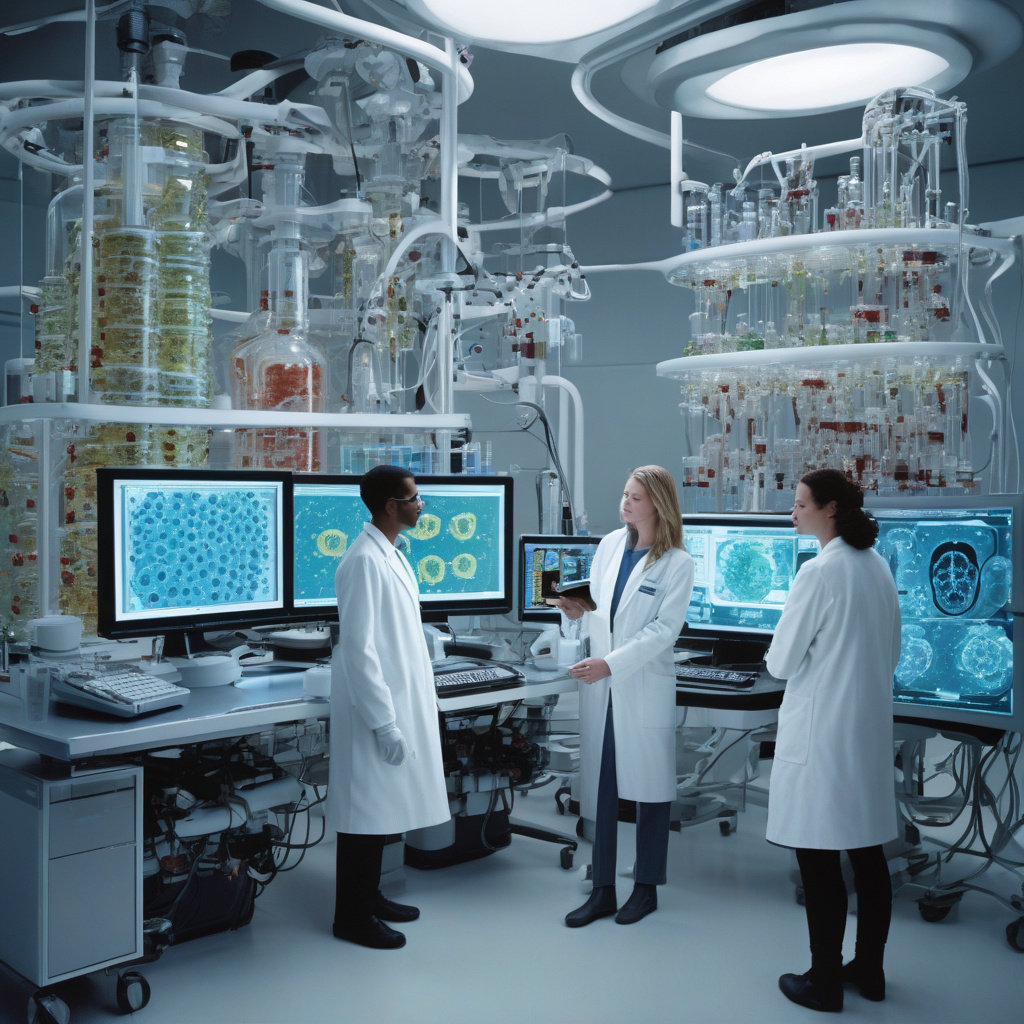Living Computers: Scientists Plan to Turn Bacteria into Digital Processors
The most powerful computer might one day be made of living cells instead of silicon. This revolutionary concept has the potential to redefine the way we perceive and interact with technology. Scientists are currently exploring the idea of utilizing bacteria as digital processors, paving the way for a new era of computing.
By harnessing the unique capabilities of living organisms, researchers aim to create computers that can adapt, evolve, and respond to stimuli in ways that traditional machines cannot. This groundbreaking approach combines the principles of biology and computer science, opening up a world of possibilities for innovation and advancement.
One of the key advantages of using bacteria as digital processors is their ability to perform complex computations at a microscopic level. These tiny organisms can process information rapidly and efficiently, potentially outperforming even the most advanced silicon-based technologies. By tapping into the natural intelligence of living cells, scientists hope to unlock unprecedented computing power.
Moreover, living computers offer a more sustainable and environmentally friendly alternative to conventional electronics. Unlike traditional computers that rely on rare earth metals and generate electronic waste, bacterial processors are biodegradable and have minimal impact on the environment. This eco-friendly approach aligns with the growing demand for green technologies that reduce carbon footprints and promote sustainability.
In addition to their computational capabilities, living cells have the potential to revolutionize fields such as healthcare, biotechnology, and bioengineering. Imagine a computer that can diagnose illnesses, design new drugs, or even repair damaged tissues using biological processes. The integration of living organisms into computing systems could lead to groundbreaking advancements in medical research and personalized healthcare.
Despite the promising prospects of living computers, there are challenges and ethical considerations that must be addressed. Ensuring the safety and security of biological systems, preventing unintended consequences, and establishing guidelines for responsible research are crucial aspects of this emerging field. Scientists and policymakers must collaborate to establish ethical frameworks and regulations to govern the development and deployment of living computers.
As research in this field progresses, collaborations between biologists, computer scientists, and engineers will be essential to overcome technical barriers and optimize the performance of living computers. Interdisciplinary approaches that combine expertise from various fields will drive innovation and accelerate the development of this transformative technology.
In conclusion, the convergence of biology and computing holds immense potential for creating living computers that can revolutionize the way we process information and interact with technology. By leveraging the inherent capabilities of living cells, scientists are on the brink of unlocking a new era of computing that is sustainable, efficient, and intelligent. The journey towards living computers represents a bold leap into the future, where the boundaries between biology and technology blur, giving rise to unprecedented possibilities.
living computers, bacteria processors, biotechnology, sustainable technology, interdisciplinary research












